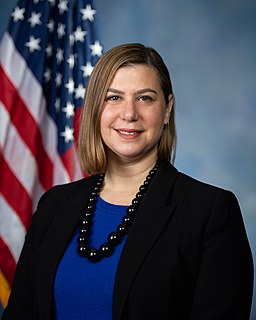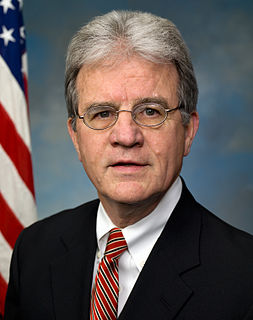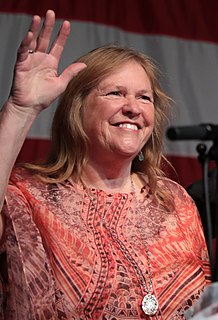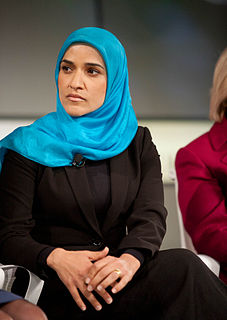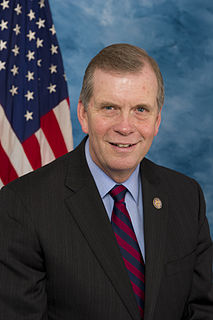A Quote by Eula Biss
The belief that public health measures are not intended for people like us is widely held by many people like me. Public health, we assume, is for people with less - less education, less-healthy habits, less access to quality health care, less time and money.
Related Quotes
The best way to alleviate the obesity "public health" crisis is to remove obesity from the realm of public health. It doesn't belong there. It's difficult to think of anything more private and of less public concern than what we choose to put into our bodies. It only becomes a public matter when we force the public to pay for the consequences of those choices.
Where people work longest and with least leisure, they buy the fewest goods. No towns were so poor as those of England where the people, from children up, worked fifteen and sixteen hours a day. They were poor because these overworked people soon wore out -- they became less and less valuable as workers. Therefore, they earned less and less and could buy less and less.
You look at the savings health insurance, there's so many great ways you can do that. You'll get great plans at much less money, at much less money. I mean, these people are being just killed. And you know the 25% was put out by Washington 'cause the real number could be three times that amount. I mean, it's catastrophic what's going on.


